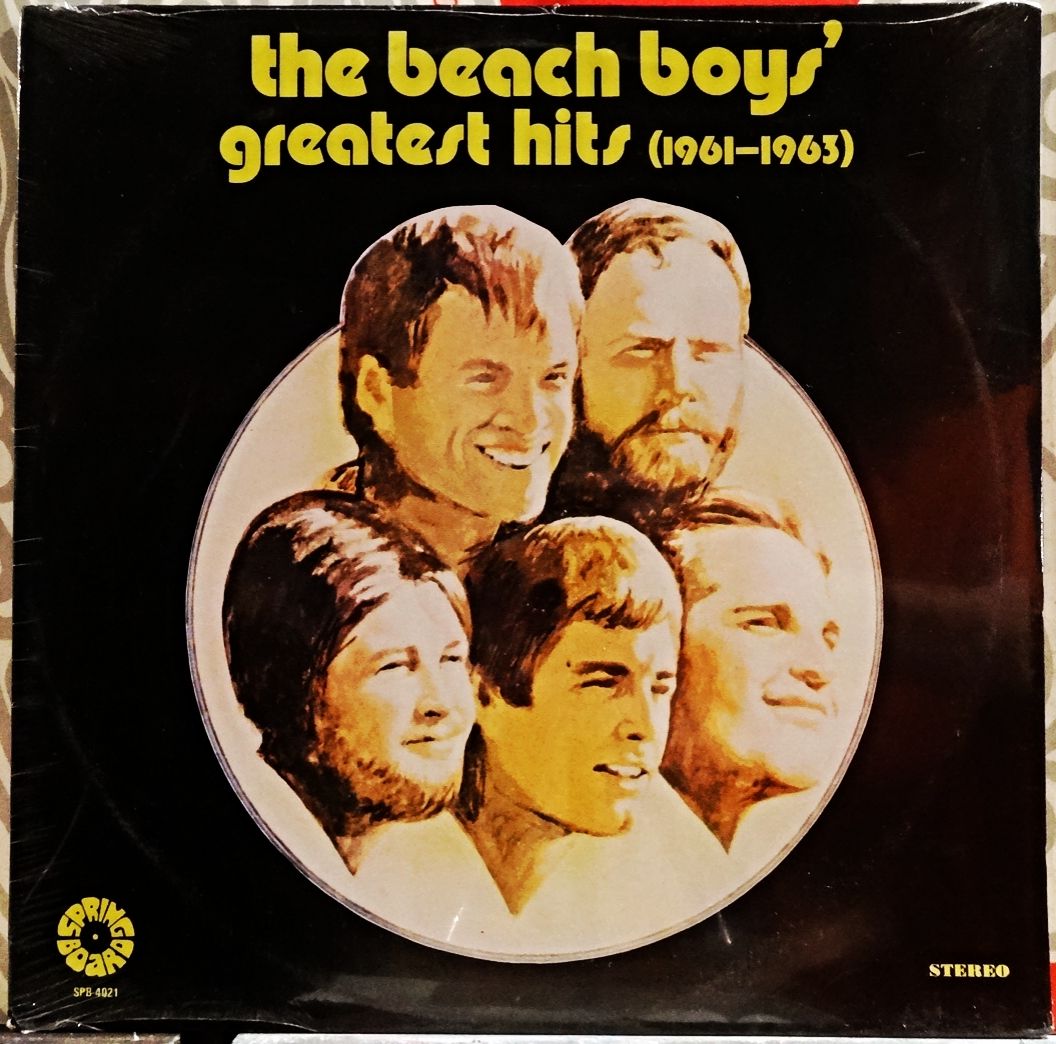Breaking News
Beach Boys Greatest Hits Zip
суббота 08 декабря admin 32
Sounds of Summer: The Very Best of The Beach Boys was released in a market already containing the three volumes of hits issued during 1999 and 2000, but that did little to deter shoppers, who were responsible for shooting the CD into the US charts at number 16 (their highest peak since 1976's 15 Big Ones) and a lengthy. The Beach Boys: The Beach Boys - The Greatest Hits Vol. 3: Best of the Brother Years: DOWNLOAD NOW! The Beach Boys: They Sold A Million 1970 - 74 CD1: DOWNLOAD NOW! The Beach Boys: Greatest Hits Volume Three: Best Of The Brother Years 1970-1986: DOWNLOAD NOW! The Beach Boys: Live - The 50th Anniversary Tour [2 Cd] DOWNLOAD NOW! The Beach Boys.
By Brian Erickson Discog Fever is a regular feature on thegreatalbums.com, rating and reviewing a band's entire catalogue of studio albums. The 1970s were The Beach Boys' most tumultuous, unpredictable decade. Creative and spiritual leader Brian Wilson began ceding control, leaving the rest of the band - brothers Carl and Dennis, frontman Mike Love, guitarist Al Jardine and bassist Bruce Johnston - to handle the group's songwriting and production as a fully-democratic unit, an ethos which would yield some of the group's most artistically-rewarding if commercially-disappointing material. The band would also be pockmarked by a consistently-shifting lineup and power structure that - like the decade before - would see them end up in a vastly different place than when they started. Sunflower (1970) A. The Beach Boys found themselves the recipients of a generous record deal with the artist-friendly Warner/Reprise at the dawn of the album era.
As such, they took the democratic approach of Friends and 20/20 and wrote their best batch of new material since Pet Sounds. With FOUR original song contributions, Dennis is basically in beast mode (his most noteworthy tune being 'Forever,' made famous on the TV show Full House). Love contributes the excellent proto-shoegaze 'All I Wanna Do,' and Brian delivers the driving 'This Whole World' (sung by Carl) and sentimental 'Add Some Music.' Elsewhere, Bruce emerges with 'Tears in the Morning,' a theatrical, minor-key highlight. Unfortunately, none of this translated to commercial success as the album peaked at #151 on the Billboard charts. But The Beach Boys were a fully-functioning band, making some of the best, most exciting music of their career. While they were still beloved around the world (particularly in the UK), the home crowd couldn't possibly care less. 
Recent critical reevaluation and placement on Rolling Stone Magazine's '500 Greatest Albums of All-Time' list have redeemed this album significantly. Surf's Up (1971) A.
Part of the Boys' deal with Warner was that they would deliver the long, lost SMiLE album. And at this juncture, Carl had become proficient enough in the studio to give it a whirl himself. While he ultimately found the project too daunting, he was able to finish what would become this album's stunning title track. Complete with the band's patented mid 60s harmony stack and Van Dyke Parks' obtuse, poetic lyrics, 'Surf's Up' - like 'Good Vibrations' and 'God Only Knows' before it - belongs on a very short list of greatest songs ever written. While Brian's retreat from the spotlight was ever-quickening, he did manage the bizarre 'Day in the Life of a Tree' (sung by new manager Jack Riley, who had given the band a complete image overhaul), and the dark, dour 'Til I Die.' But the true highlights belong to Carl who penned the fantastic 'Feel Flows' and celebratory 'Long Promised Road.' Bruce gives us the minor standard 'Disney Girls,' while Mike and Al offer up a few things that some folks might consider songs, also.
Missing from the proceedings altogether is Dennis whose contributions 'Lady (Falling In Love),' 'Sound of Free,' and 'Wouldn't It Be Nice to Live Again' were left off the record. The first two ended up getting released as a single and would have been highlights. The third - languishing in the vaults until 2013 - might have been the best Beach Boys song since 'Good Vibrations.' Jealousy, evidently. Too bad because by 1971, with Brian largely sidelined and Carl still growing into his new role, Dennis was the best writer they had.
